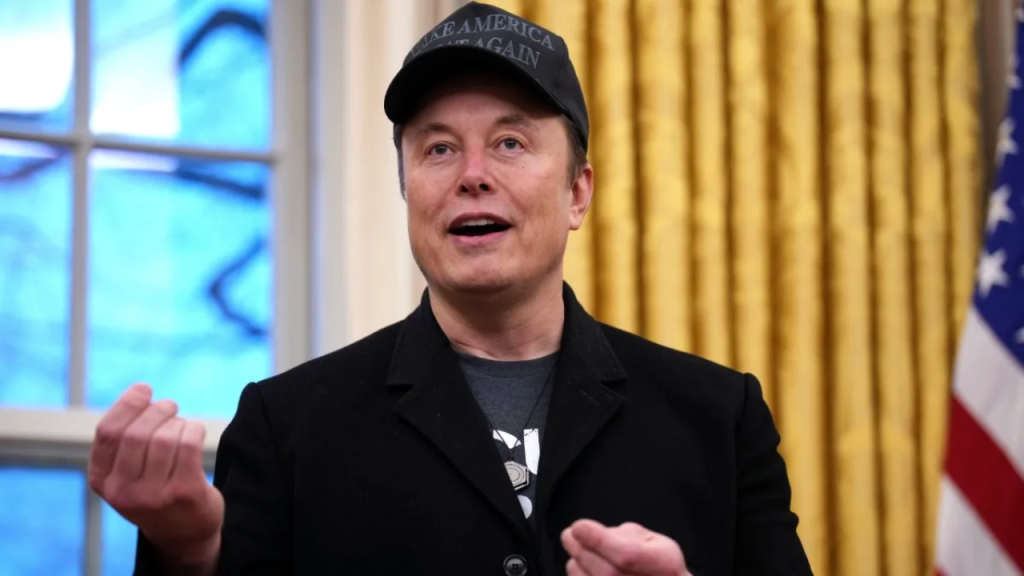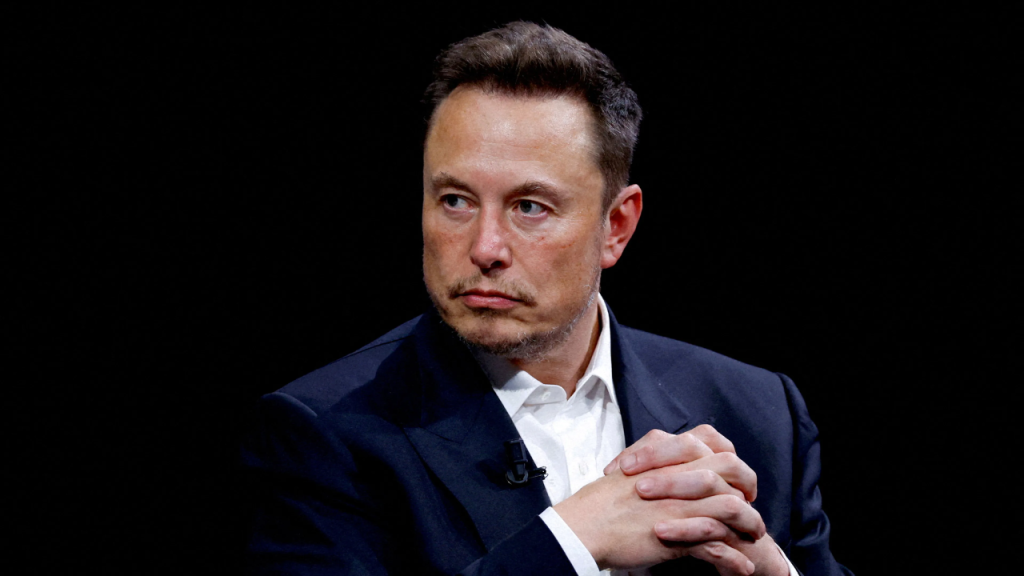
Elon Musk, once seen as a powerful force within the Trump administration, has experienced a rapid unraveling of his influence. Known for his bold maneuvers and unconventional approach, the billionaire head of DOGE (Department of Government Efficiency) tried to push his way around established government structures.
Recently, he clashed with Treasury Secretary Scott Bessent when Musk helped install Gary Shapley, a mid-level IRS official, as the IRS acting commissioner. The only problem was, the IRS falls under Bessent’s purview, and tensions soon boiled over.
The confrontation reached a boiling point in the West Wing, where Musk and Bessent reportedly had a heated argument. The situation was so intense that it was heard by President Donald Trump, who was nearby.
Ultimately, Bessent prevailed, and Shapley was replaced after just three days in the role. Musk, never one to shy away from public action, unfollowed Bessent on X, his social media platform, a move that highlighted the deteriorating relationship.
This clash wasn’t an isolated incident. Musk’s time in Washington, which has been marked by frequent conflicts with top Trump appointees, has been full of controversy.
His disagreements with officials like Secretary of State Marco Rubio, Transportation Secretary Sean P. Duffy, and economic adviser Peter Navarro often played out in meetings or on social media, where Musk openly accused them of incompetence or dishonesty. His style has caused discomfort among many Trump aides, who were often left scrambling to clarify or defend his sudden decisions.
Despite the turmoil, Musk continued to trumpet the mission of DOGE, claiming that his group was on track to cut $150 billion from government spending in 2025.
This figure was a far cry from his initial ambitious target of $2 trillion, but the focus was still on tackling what he viewed as wasteful government expenditures.
Musk’s standing with voters also began to decline. Polls revealed that a majority of Americans held unfavorable views of him, criticizing his growing influence on government operations. Some conservative media outlets even started to question whether Musk had become “political baggage” for Trump, particularly after his involvement in the Wisconsin Supreme Court race.
Musk’s comments about the race, which he called “important for the future of civilization,” were seen as alienating to some voters, especially after the liberal judge emerged victorious in the contest.
Meanwhile, Tesla, the electric car company Musk runs, saw its struggles. The company faced declining sales and falling stock prices. On a recent earnings call,
Musk revealed that he would be reducing his involvement with DOGE starting next month. While he acknowledged that his work on DOGE would likely continue for the remainder of Trump’s term, he admitted that he would shift his focus back to his businesses.
The White House and DOGE representatives were both silent when asked about the specifics of Musk’s planned departure, but Trump did express his gratitude for Musk’s work. “He was a tremendous help, both in the campaign and in what he’s done with DOGE,” Trump said. “What he does is good… And we have to, at some point, let him go and do that.”
However, it became increasingly clear that Musk would not be in Washington for the long haul. As a special government employee, Musk was limited to working 130 days for the administration in 2025.

Despite this, he had indicated that he planned to stay involved with DOGE for at least another year, focusing on areas like Social Security spending. But as DOGE’s aggressive actions continued to face public backlash, the political appointees around Trump grew frustrated with Musk’s approach.
The situation also began to affect Musk’s businesses. Protests and even vandalism against Tesla started to gain momentum as the company’s stock dropped significantly.
The electric vehicle maker’s decline was compounded by increased competition in the global market, and Musk’s divisive political actions were seen as contributing factors. Analysts have largely attributed the company’s struggles to the negative public perception of Musk’s political influence.
By mid-April, Musk had scaled back his ambitions for DOGE. Initially, he had promised massive cuts to the federal budget, but he soon reduced his target from $2 trillion to just $150 billion in savings for the 2026 fiscal year. During these adjustments, Musk’s clashes with Bessent only served to further highlight the tensions within the Trump administration.
Despite his waning influence, Musk continued to pour resources into a Wisconsin Supreme Court race, where he tried to sway the outcome with his backing. Unfortunately for him, the conservative judge he supported lost, and Musk’s involvement was once again seen as a liability.
His unfiltered comments and controversial support only seemed to rally the opposition, further alienating him from a portion of the Republican base.
Many in Trump’s orbit began to see Musk as a “lightning rod” for controversy, a far cry from the enthusiastic support he once garnered. Even some of Musk’s allies began to question whether his political actions were worth the political cost.
As Christopher Nicholas, a GOP strategist, put it, Musk had once been a unique figure in the Republican Party, but now he was viewed more as a divisive force.
In the end, Musk’s tenure with DOGE will be remembered for its chaos and unpredictability. The billionaire’s bold plans for government reform may have sounded compelling at first, but they were hampered by constant clashes with key officials and political backlash.
Whether he succeeds in leaving a lasting impact on government efficiency remains to be seen, but one thing is clear: Musk’s style of leadership has cost him dearly in both his business ventures and his political influence.
